Life
Sign up for our newsletter
We summarize the week's scientific breakthroughs every Thursday.
-
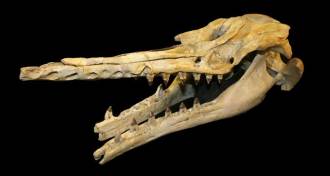 Paleontology
PaleontologyFossil whale skull hints at echolocation’s origins
Ancestors of toothed whales used echolocation as early as 34 million years ago, analysis of a new fossil skull suggests.
-

-
 Neuroscience
NeurosciencePianists learn better by playing
Pianists’ muscle memory helped them recognize incorrect notes.
-
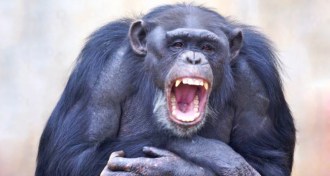 Animals
AnimalsChimps catch people’s yawns in sign of flexible empathy
Chimpanzees may show humanlike empathy, as evidenced by their contagious yawning.
By Bruce Bower -
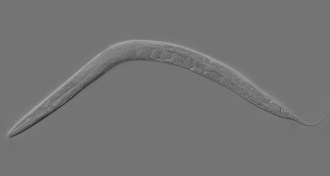 Neuroscience
NeuroscienceBrain chemicals help worms live long and prosper
Serotonin and dopamine accompany long lives in C. elegans worms under caloric restriction.
-
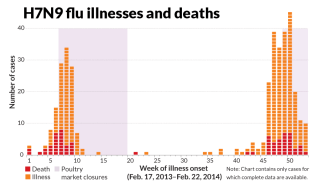 Health & Medicine
Health & MedicineSecond wave of bird flu ups pandemic worries
The H7N9 avian influenza virus, which first appeared in 2013, is sweeping China with a second, larger wave of illness.
-
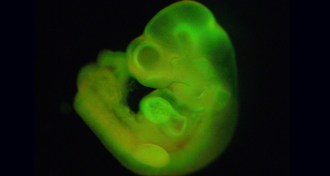 Life
LifeAcid-bath method for making stem cells under fire
No one has been able to reproduce a new technique for creating stem cells called STAP cells, leading some researchers to call for the retraction of the original research papers.
-
 Planetary Science
Planetary ScienceFeedback
Readers respond to a special report on neuroscience and discuss moon dust.
-
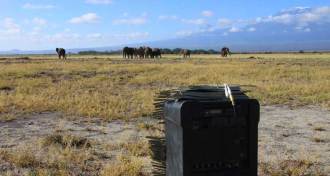 Animals
AnimalsElephants can tell men’s voices from women’s
Amboseli elephants may pick out age and gender — and even distinguish between languages — when listening to human voices.
By Susan Milius -
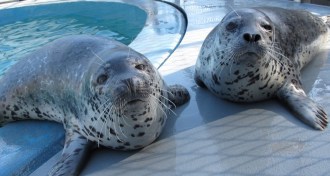 Animals
AnimalsSpotted seals hear well in and out of water
Spotted seals, native to the northern parts of the Pacific, hear frequencies that may mean they are susceptible to the effects of anthropogenic noise.
-
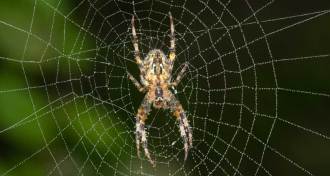 Ecosystems
EcosystemsCity spiders may spin low-vibe webs
Spider webs built on human-made materials have less background bounce than those built on trees and other natural surfaces, which might shrink the arachnid’s hunting success.
By Susan Milius -
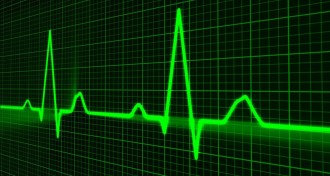 Neuroscience
NeuroscienceHeartbeats help people see
People were more likely to spot a flash of a hard-to-see ring when the image was presented right after a heartbeat